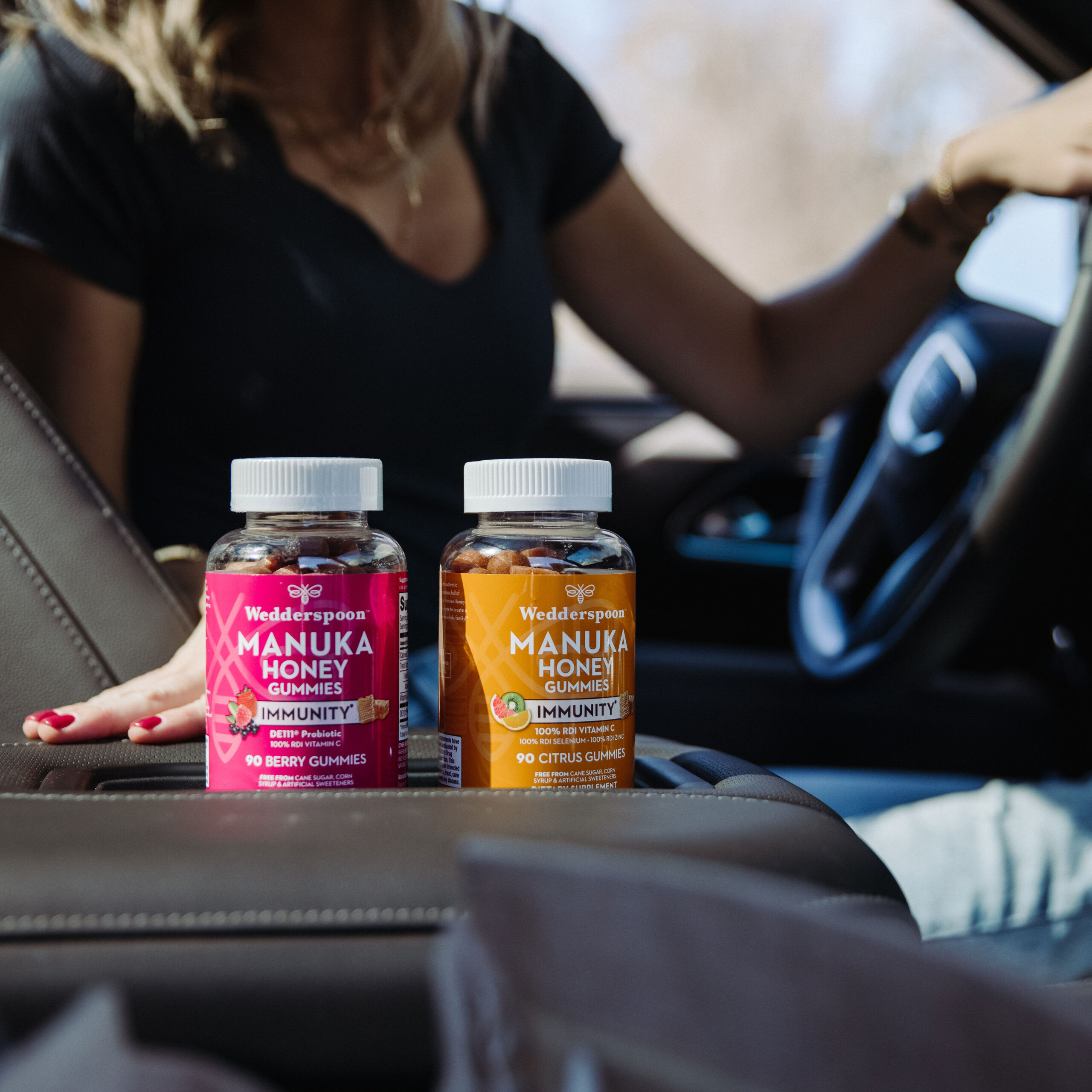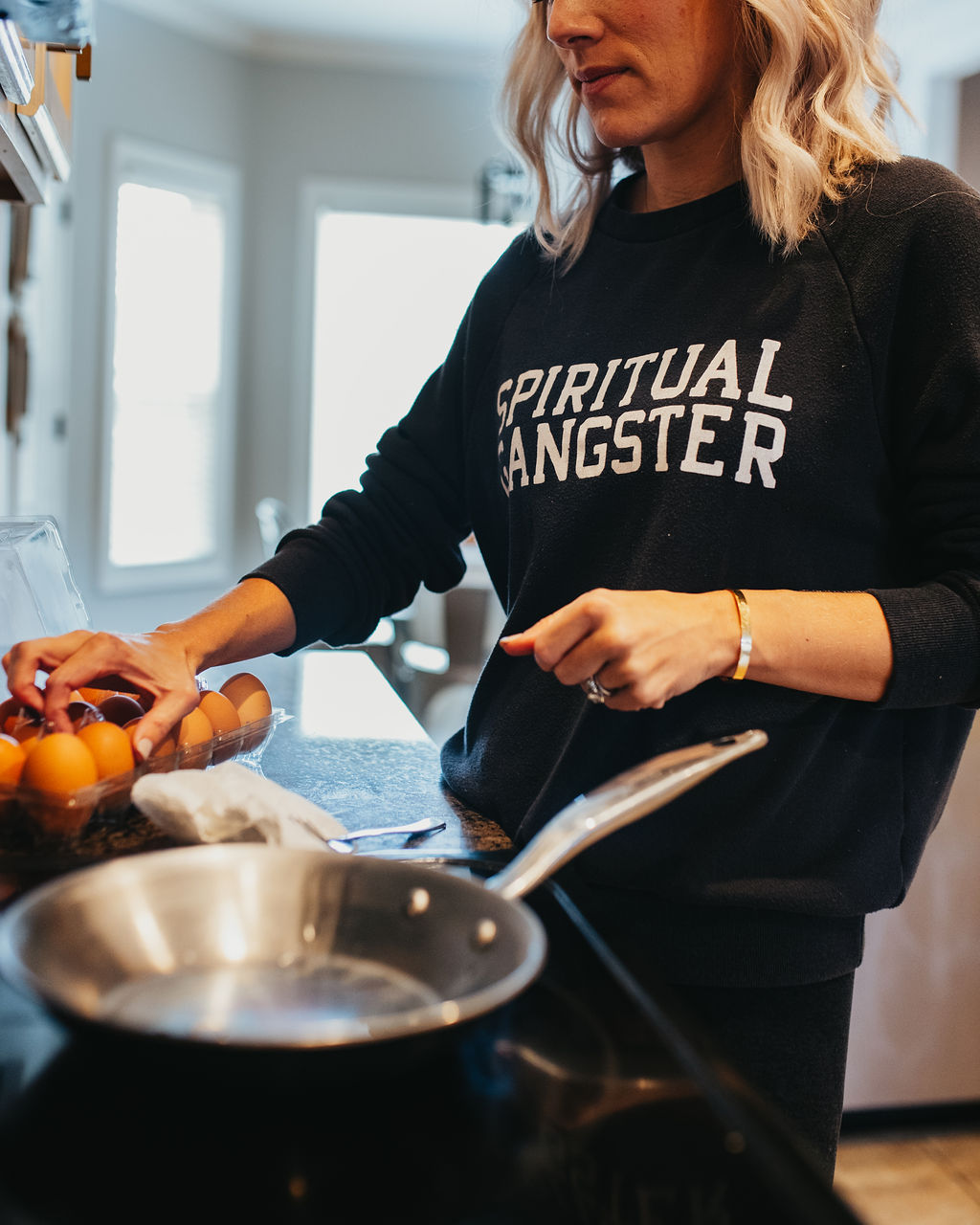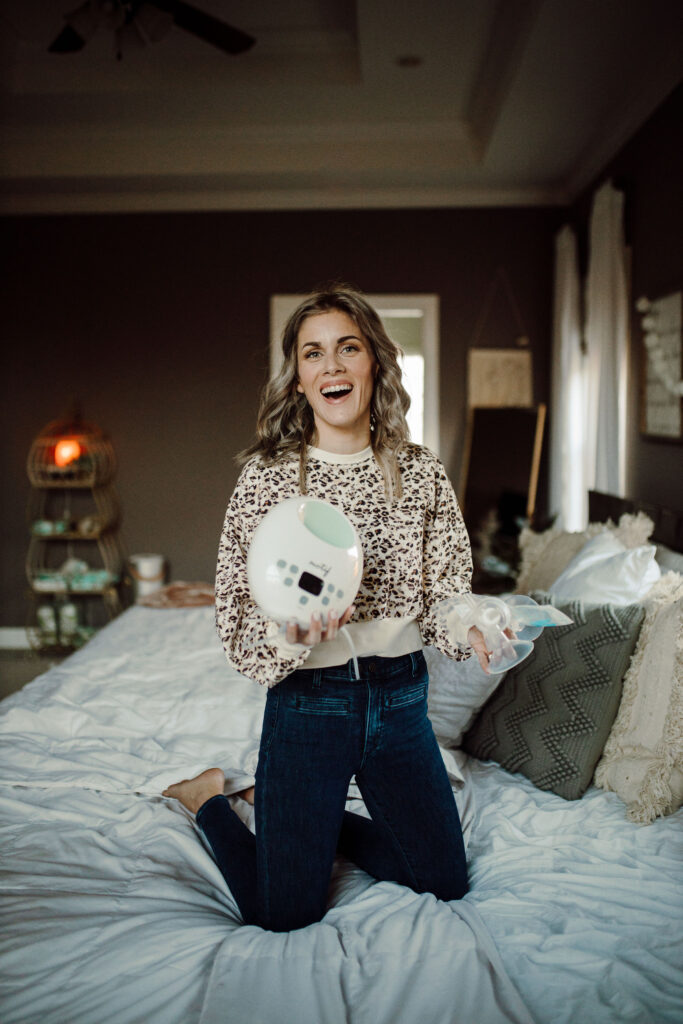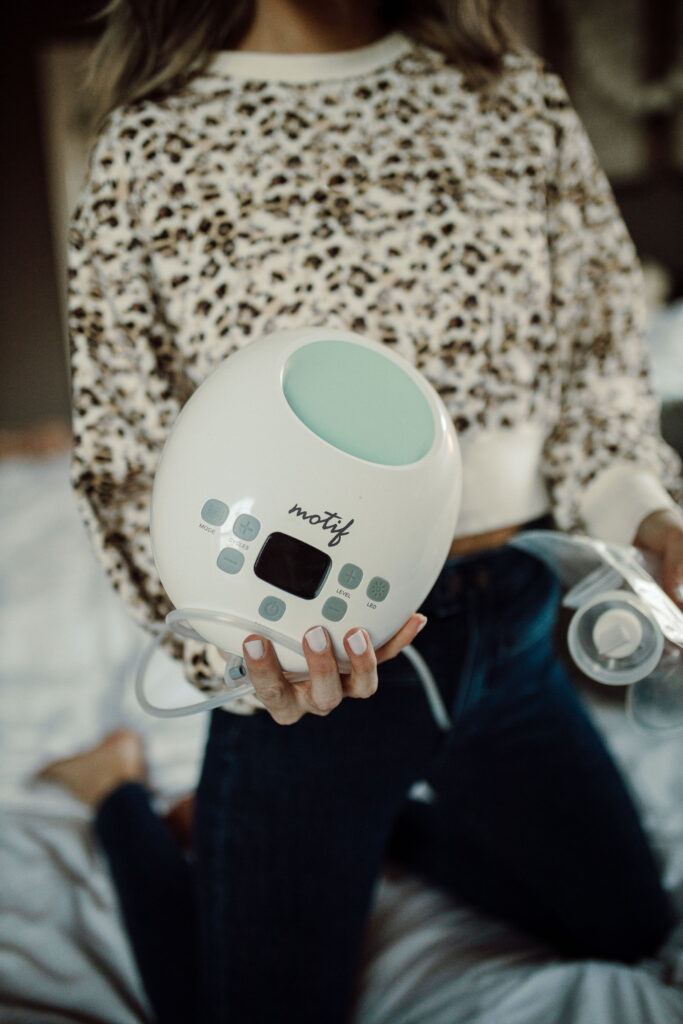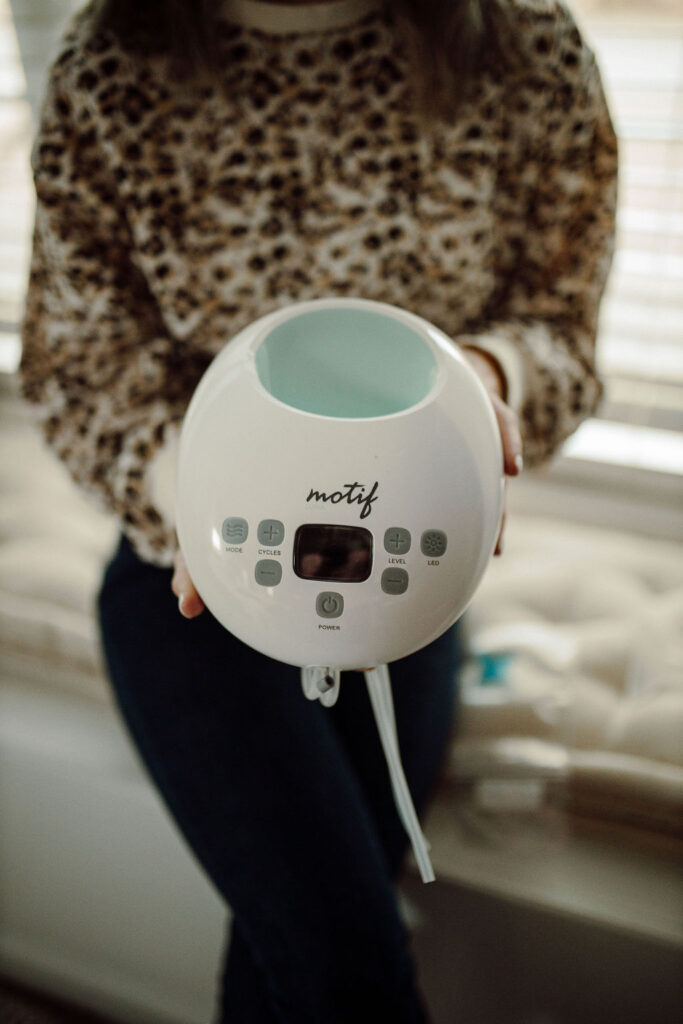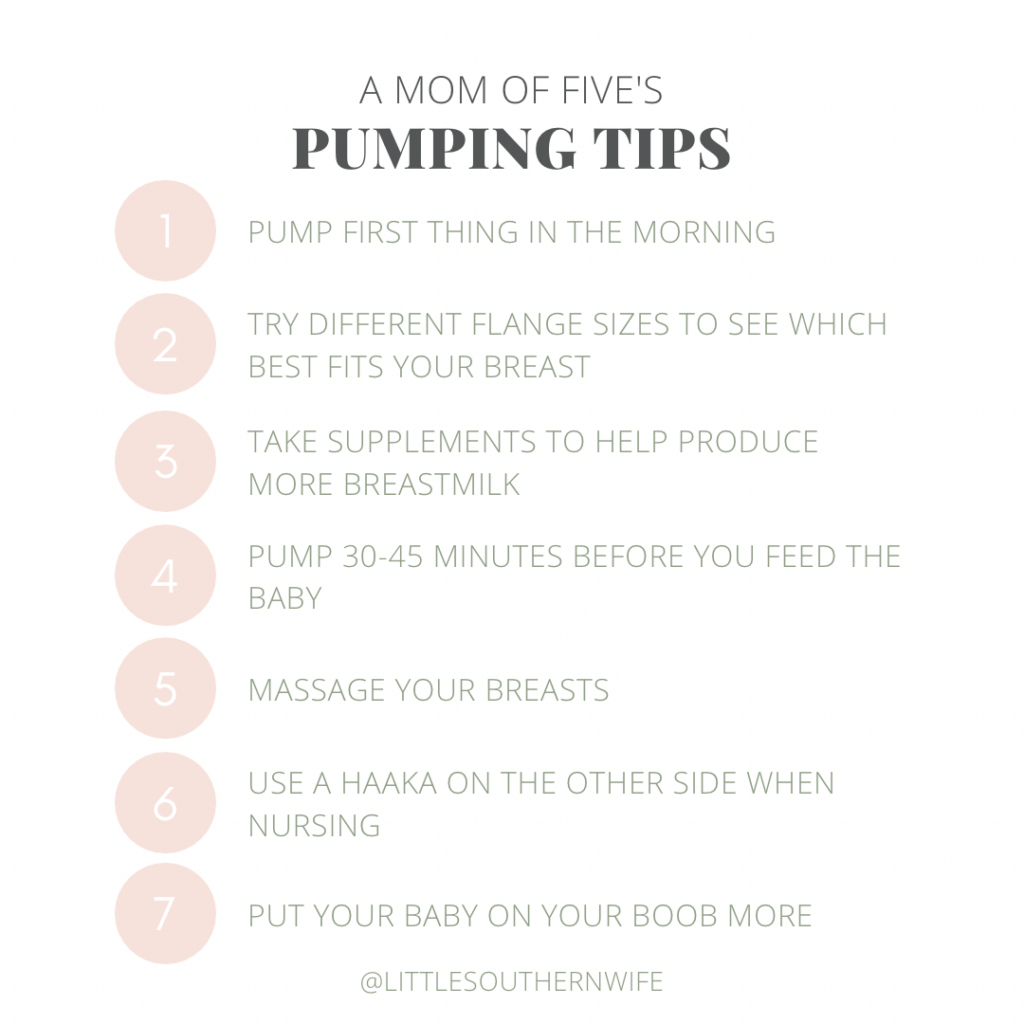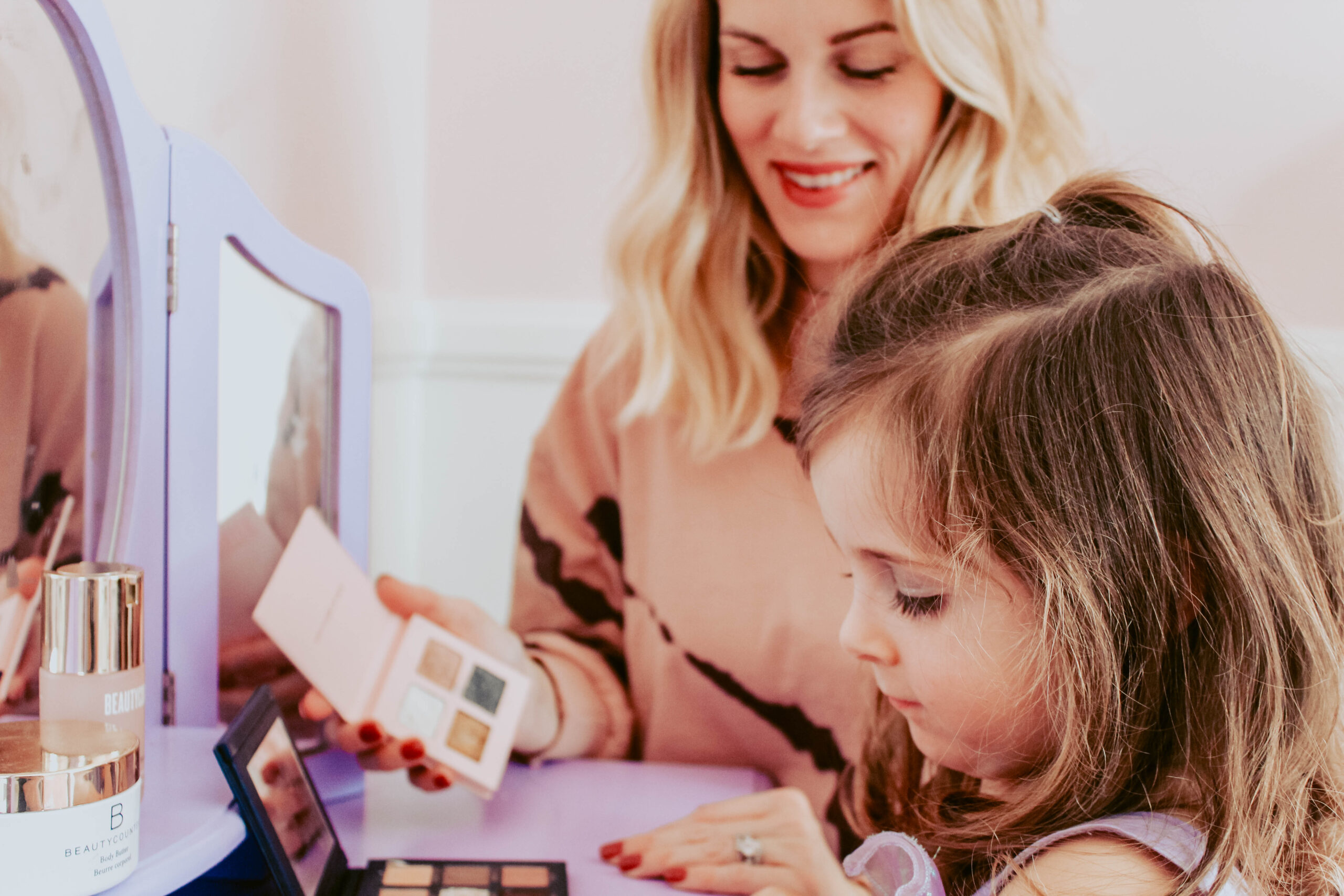Pumping 101 + Tips from a Mom of 5
Before I became a mom, I spent a lot of time in researching topics that involved pregnancy, birth and also breast-feeding. I did not take the time to learn anything about the world of pumping and it is a regret I have in my motherhood journey. It’s one of the regrets that I have because after I had my first baby, it was so intimidating to me that I wouldn’t even attempt to pull my pump out. I am so thankful that over the years I’ve learned how to use a breast pump and I definitely feel more confident so that I can in turn share what I know with other moms.
Being a mom is really hard and finding a community that is supportive along your journey is a game changer. Any tips that I can share, I am always more than happy to. I decided to breast-feed my children, so that gives me five children worth of experience. You can read more about my breast-feeding experience and tips that I have learned along the way by clicking here. Pumping is a topic that I have often talked about with other moms and general consensus is that no one loves it but it’s something that you do to have time away from your baby or is an option for mom to exclusively bottlefeed breastmilk to their babies.
I exclusively breast-feed but I have been able to pump milk and donate it to multiple babies over the last few years and have been able to have a supply built up to go on a date with Derrek, and also a few Beautycounter trips. For me, pumping had a larger learning curve then breast-feeding. There are ways to make your pumping experience less of a dread and also more bountiful in milk production. By implementing a few things into your pumping routine, I am positive I can help you increase your milk supply and also stash of liquid gold.
- pump first thing in the morning – I found that my milk is more bountiful in the morning because the babies tend to do less night feeding. If I wake up earlier then the baby, grab my pump and sit in pump for 15 minutes, I’ll get to the time importance later, but by having a mandatory morning I know that I will get more milk during that pump session and have a few ounces in the am. Also encourage implementing a car pump session. Get a pumping bra (or just cut holes in a nursing bra that you have) put the pump in your bra and pump while you’re in the car. This takes the hassle out of me having to sit everything up and sit somewhere quietly for 15 minutes, I’m in the car anyway might as well multitask.
- what size flange you use is important – if the flanges are too small or too big it can make a negative impact on the milk that you were able to express and your long-term milk supply. You can reference a flange sizing chart on your search engine to see a visual on what flange sizing you need for your nipple. I personally haven’t had to buy different sizing than the ones that have come with my pump, but you might have to.
- don’t stress while pumping – we tend to be really hard on ourselves specifically when we are watching the milk drop into the pump bottles. It has been my personal experience that finding a private location and also having a positive attitude towards my pump session makes a dramatic difference. A lot of unnecessary anxiety is involved with pumping and a certain amount of answers especially when you go back to work for the first time or you’ve left the baby on a trip. By making sure that I am in a good headspace during my pump session and I am also in a private location helps me.
- pump 30-45 minutes before you feed the baby – this is a really simple thing to implement into your pumping practice that will dramatically increase your milk supply. Your body knows whenever you were actually feeding a baby versus the sucking motion of a pump. Our bodies connect with our babies bodies through saliva touching the nipple. If you pump before you feed the baby, your body will make more milk after you pump. If you pump after you feed the baby, you will notice that your boobs are not as full, our bodies know the difference between the pump and the baby so if you put the baby on your boob last, it will also teach your body to produce more milk.
- take supplements to help produce more breastmilk – I have taken numerous supplements during my breastfeeding and pumping journey and I can say that they have all helped with milk production. Things like taking fenugreek capsules or rubbing fennel oil on your breasts will help with milk production. Ingredients called galactagogues like oats, brewers yeast and flaxseed also help with milk production and are all in one of my favorite products, the Made to Milk USA lactation cookie mix. I’ve tried my hand at making my own recipes but these are SO delicious, easy to make and really do help me produce more milk. You can buy them pre made or buy the cookie mixes like I do and they really work! My favorite are the Made to Milk USA chocolate chip cookies but they have a ton of different choices so pick your fav to try! You can use code: LSW20 for 20% off of all products on their website.
- use a HAAKA on other breast will nursing – this is the easiest way to pump without pulling out your pump. I have found a HAAKA Manual pump has been a game changer in collecting milk that would have wasted into a breast pad. When you nurse, you have what’s called a let down of milk when it sprays out, that’s what will collect into the HAAKA and then you just take that milk and add it into a bag to store in the freezer for later. It’s so simple but will allow you to save so much milk!
- massage your breasts – this is a very important step because you can help improve milk expression by massaging and helping the milk decompress from the firm areas on your breasts. I’ve personally seen really good results by massaging for 1-3 minutes before I pump. I suggest trying it and then trying pumping without doing it and see if you see ounces change.
- try pumping at the same time – I did suggest the HAAKA on the other breast will nursing but when you’re pumping you want to take the time to pump both sides at the same time. Women’s bodies are magical and when you pump at the same time, it helps release prolactin which is a chemical that helps you produce more milk.
- put baby on boob more – when you’re with your baby, take times outside of normal feedings and put your baby on your breast. The baby has chemicals in their saliva that when connected with your breast send messages to produce more milk. By simply latching on, your body will send more communication about milk needs and will in turn help you build a supply to pump.
